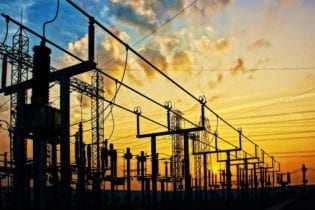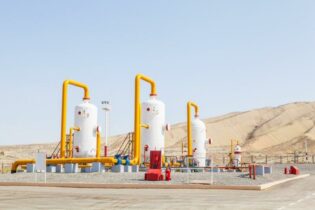According to water scientist and authority on the subject, Anthony Turton, climate change is poised to exert a significant detrimental impact on the maintenance of South Africa’s water infrastructure. In order to avert a potential catastrophe, the nation must grapple with the threats encroaching on its water security.
Turton highlights that, presently, the foremost obstacle lies in institutional shortcomings. In his words, “the truth is that our reservoirs are currently operating at levels not witnessed for an extended period. The integrated Vaal river system, in particular, stands at its highest point in many years.” He underscores the urgency of addressing institutional failures as the immediate priority, stating, “We can’t afford to divert our focus to climate change just yet. Our primary concern at this juncture revolves around institutional inadequacies. However, we must remain vigilant in our pursuit of understanding climate change, for it bears immense significance.” Turton emphasises the necessity of long-term strategic planning, bolstering infrastructure, and implementing measures to shield the country from the impacts of extreme weather occurrences. These measures are indispensable in preparing for the potential consequences of climate change. Earlier this year eNCA reported that the IMF and World Bank Call for Increased Funds in the Fight Against Poverty and Climate Change.During a week-long gathering of global finance ministers and central bank governors in Marrakesh, Morocco, the heads of the IMF and World Bank issued an impassioned plea to their member nations, urging them to enhance the financial resources of these global institutions to aid underprivileged nations in their struggles against poverty and climate change. Notably, this event marked the first annual meetings of the IMF and World Bank held on African soil since 1973.
World Bank President Ajay Banga, in his first major address since assuming office in June, lamented, “We face declining progress in our fight against poverty.” He highlighted the gravity of the climate crisis, as well as challenges such as food insecurity, fragility, pandemic recovery, and the far-reaching impacts of conflicts, extending beyond frontlines. Banga emphasised that the world is grappling with “a perfect storm of intertwined challenges and geopolitical complexity that taken together exacerbate inequality.” He underlined the growing mistrust between developed and developing nations, observing, “The Global South’s frustration is understandable. In many ways, they are paying the price for the prosperity of others.” In 2021, a $93 billion financing package was approved for fiscal years 2022-2025, with donors convening every three years to replenish IDA resources. IMF Managing Director Kristalina Georgieva drew attention to the decelerating global economy, with “more than half of low-income countries remaining in or at high risk of debt distress.” Georgieva asserted that the IMF requires urgent reinforcement through an increase in its quota resources, representing the funds contributed by members in proportion to the size of their economies. She also highlighted the need for strengthening the IMF’s ability to provide zero-interest loans to its most financially challenged members.






